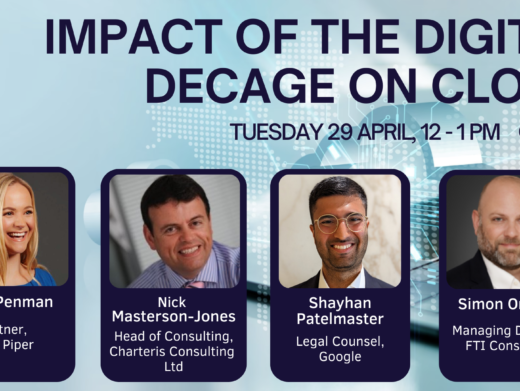Ofcom has issued a call for evidence related to video-sharing platform regulation. It is seeking evidence and information related to the new requirements that will apply to video-sharing platforms under the revised Audiovisual Media Services Directive.
Video-sharing platforms (VSPs) allow users to upload and share videos and to engage with a wide range of content and social features. They are particularly popular among young people. According to Ofcom, 90% of adults and 98% of children aged 8-15 who use the internet have used a VSP in the past year.
Ofcom will be given new powers this autumn under the revised Audiovisual Media Services Directive to regulate UK-established VSPs. The Directive must be implemented in all member states and the UK by 19 September 2020. This will include a duty on Ofcom to ensure that VSPs have in place appropriate measures to protect young people from potentially harmful content and all users from illegal content and incitement to hatred and violence. Services will also need to ensure standards around advertising are met. Ofcom will also draw up guidance for VSPs on the list of measures set out in the new statutory framework and will use the responses to the call for evidence to inform such guidance.
The call for evidence sets out the background and legislative context to forthcoming VSP regulation in the UK and an overview of the VSP regulatory framework. It also sets out Ofcom’s approach to VSP regulation based around some core principles: protection and assurance; freedom of expression; adaptability; transparency; enforcement; independence; and proportionality.
VSPs in scope will be required to have in place measures that are appropriate to protect:
- minors from content which may impair their physical, mental or moral development;
- the general public from content inciting violence or hatred; and
- the general public from content constituting criminal offences (public provocation to commit a terrorist offence, offences concerning child sexual exploitation and abuse, and offences concerning racism and xenophobia).
Ofcom is seeking more detailed information on the following areas:
- scope – which services may meet the definition of VSP in UK jurisdiction;
- safety tools and measures currently taken to protect users from harm – including terms and conditions (community standards), advertising rules, reporting and flagging mechanisms, age assurance and verification techniques, content rating functionality, parental controls, complaints handling, and media literacy; and
- reporting and evaluation – including metrics for reporting and processes for evaluating the impact and effectiveness of safety tools.
Ofcom expects to have the power to issue maximum fines of the greater of £250k and 5% of the provider’s qualifying revenue, as deemed to be appropriate and proportionate.
This will be an interim framework until the online harms legislation comes into force. However, the UK government has said that it is minded to appoint Ofcom as the future online harms regulator. If confirmed, Ofcom says that it will build on VSP regulation to inform its approach to regulation of services under the online harms regime.
The consultation ends on 24 September 2020 and Ofcom plan to have guidance in place by the middle of 2021.




